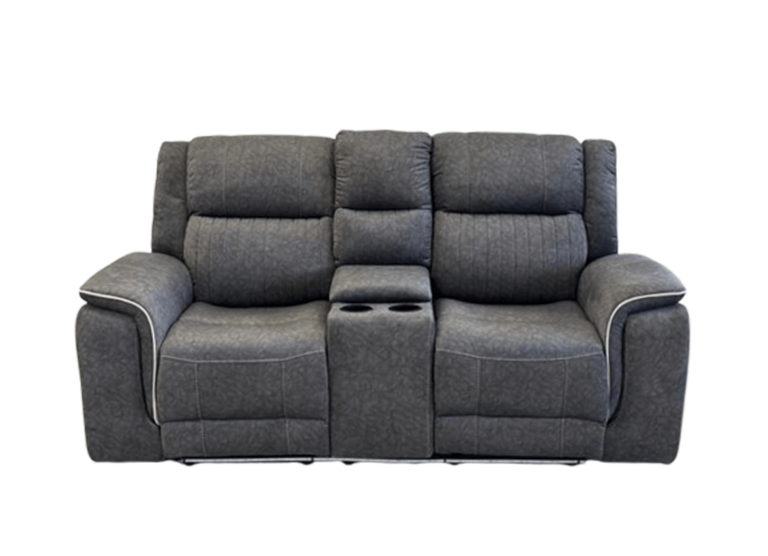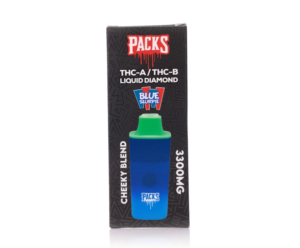In recent years, businesses and consumers alike have become increasingly aware of the environmental impact of packaging materials. As companies seek to minimize waste and carbon footprints, eco-friendly packaging solutions have emerged as the solution to sustainability challenges. Among the most promising of these materials is molded fiber packaging. This article explores the various benefits of molded fiber packaging and how it contributes to sustainable product protection, offering a greener alternative to conventional packaging options.
Environmentally Friendly and Biodegradable
One of the most significant advantages of molded fiber packaging is its environmental friendliness. Made from natural fibers such as wood pulp, recycled paper, or agricultural by-products, this packaging material is biodegradable and compostable. Unlike traditional packaging materials like plastic, which take hundreds of years to break down and can harm wildlife, molded fiber packaging decomposes naturally over time. This means that products packed with molded fiber can significantly reduce waste in landfills and help companies meet their sustainability goals.
Additionally, the production process for molded fiber packaging has a lower carbon footprint compared to plastic packaging. By using renewable resources and minimizing harmful emissions, molded fiber offers a cleaner and greener alternative to materials that contribute to pollution and environmental degradation. Consumers and businesses that adopt molded fiber packaging not only protect their products but also contribute to preserving the planet’s health by reducing waste and promoting biodegradable materials.
Durable and Protective Performance
While molded fiber packaging is eco-friendly, it doesn’t sacrifice performance. One of its key benefits is its strength and durability. Molded fiber is designed to protect delicate products, providing a cushion that can absorb shocks, prevent damage, and withstand rough handling during transportation. Its unique design allows it to fit the contours of products, creating a custom protective layer that keeps items secure without the need for additional padding or foam inserts.
The durability of molded fiber packaging ensures that products, whether electronic goods, glass items, or food containers, are protected throughout their journey to consumers. This level of protection reduces the likelihood of product returns and damage claims, which can be costly for businesses. Molded fiber is an ideal solution for brands that want to maintain product integrity while aligning with sustainable practices, offering a reliable and eco-conscious packaging choice.
Versatile Applications Across Industries
Molded fiber packaging is versatile and can be adapted for a wide range of industries and products. Whether it’s used for food packaging, consumer electronics, pharmaceuticals, or retail goods, molded fiber provides a safe and sustainable alternative for various sectors. In the food industry, molded fiber is often used for trays, clamshells, and takeout containers, offering a biodegradable solution that keeps food fresh and protected while also being compostable after use.
For consumer electronics, molded fiber packaging ensures that fragile products, such as smartphones or laptops, are securely encased. Its ability to mold to specific shapes allows for precise protection, reducing the risk of damage during shipping. As sustainability becomes a key consideration across industries, molded fiber is proving to be a highly adaptable solution that meets the needs of businesses looking to reduce their environmental impact without compromising product safety.
Cost-Effective and Easy to Manufacture
Although sustainable materials often come with a higher price tag, molded fiber packaging offers a cost-effective solution for many businesses. The raw materials used to create molded fiber, such as recycled paper and agricultural waste, are relatively inexpensive and widely available. Additionally, the production process for molded fiber is scalable, allowing manufacturers to produce large quantities at a lower cost. As a result, businesses can reduce packaging costs while still adopting eco-friendly materials.
Moreover, the process of manufacturing molded fiber packaging is energy-efficient and less resource-intensive than producing alternatives like plastic or foam. It requires fewer chemicals and processes to create molded fiber products, which reduces energy consumption and waste. For companies looking to reduce their overall environmental impact while keeping costs under control, molded fiber packaging presents an attractive and affordable option for sustainable product protection.
Enhances Brand Image and Consumer Appeal
In an era where consumers are increasingly focused on sustainability, adopting molded fiber packaging can enhance a brand’s image and appeal. Many consumers now prioritize eco-friendly products and packaging when making purchasing decisions, and companies that use sustainable materials can differentiate themselves from competitors. By opting for molded fiber packaging, businesses demonstrate their commitment to reducing environmental harm and supporting a circular economy.
Additionally, using molded fiber packaging can help build trust with environmentally conscious consumers. The shift toward more sustainable packaging is not just a trend but a fundamental change in how businesses approach product delivery and waste management. Brands that embrace molded fiber packaging can foster consumer loyalty by aligning their packaging practices with the growing demand for responsible and eco-conscious solutions. As a result, adopting molded fiber can offer both reputational and financial benefits to companies looking to stay ahead of the curve in sustainability.
Conclusion
Molded fiber packaging offers a range of benefits that make it a sustainable and effective choice for businesses looking to protect their products while reducing their environmental footprint. From its biodegradability and reduced carbon emissions to its durability and versatility across industries, molded fiber packaging is an excellent option for businesses striving to meet their sustainability goals. Additionally, it is cost-effective, easy to manufacture, and has the potential to enhance brand image, making it a win-win solution for companies and consumers alike. As more businesses adopt this eco-friendly alternative, molded fiber packaging will undoubtedly play a key role in shaping the future of sustainable product protection.









